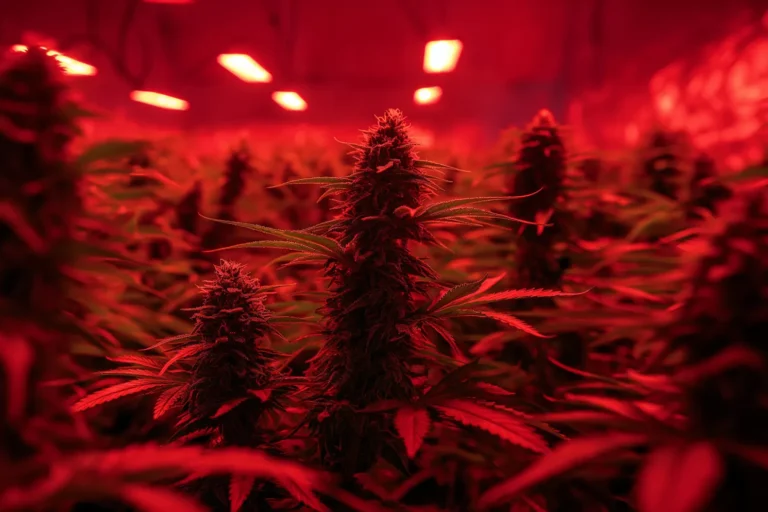Marijuana legalization has been a topic of debate for decades, and opinions remain polarized as to its impact on society and legislation. Here we analyze the main arguments on both sids of the spectrum.
In favor of the Legalization
Medicinal Benefits: Marijuana has been shown to have significant therapeutic effects in the treatment of various diseases and conditions, such as chronic pain, epilepsy and post-traumatic stress disorder (PTSD). Legalizing it would allow easier and safer access for those who need it for medical purposes.
Reduced Crime and Violence: Legalizing marijuana can reduce drug-related crime by driving out the black market and illegal trafficking. It would also free up police and judicial resources to focus on more serious crimes.
Tax Revenue Generation: Regulation and taxation of marijuana could generate significant tax revenue for the government, which could be used for education, health, and drug abuse prevention programs.
Despite its historical and contemporary uses, marijuana remains a controversial issue in many parts of the world. Laws regulating its cultivation, possession and use vary widely from country to country and even within states or provinces of the same country.
The debate over marijuana legalization has generated profound discussions in terms of policy, public health, social justice and economics. While some argue for its legalization and regulation as a way to reduce drug-related crime and generate tax revenues, others are concerned about its potential negative health and social effects.
